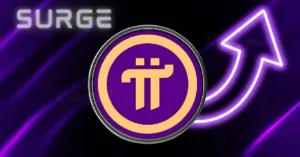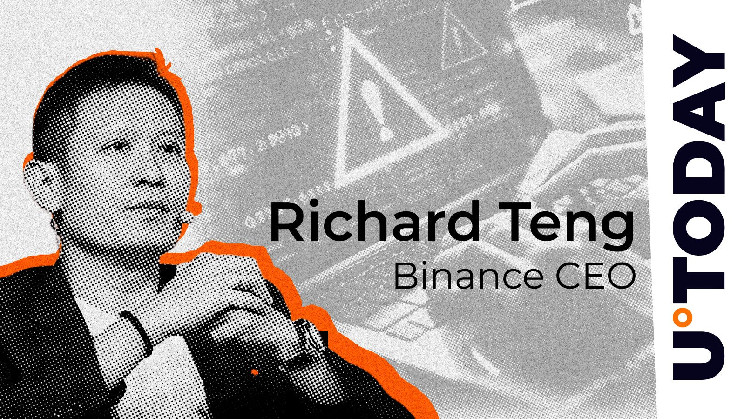Richard Teng, the Binance chief executive officer, has taken to his official account on the X social media platform to share with the BNB community an important warning regarding the security of their Web3 wallets.
He also shared a link to the recently published Binance article about blockchain rectification scams, highlighting the vital importance of this issue for the crypto community in general and not only for BNB holders.
“Best defense from scammers” per Binance boss
Richard Teng stated that when it comes to keeping one’s crypto wallets secure, “vigilance is crucial.” Therefore, he believes it is important to never import a seed phrase someone gives to a user and not to “ruch into “urgent” fixes.”
He stressed that cryptocurrency scammers always play on urgency, hence one’s best defence against them is “knowledge and caution.”
Your Web3 wallet is key to blockchain, but vigilance is crucial.
· Never import a seed phrase someone gives you
· Don’t rush into “urgent” fixesScammers exploit urgency—your best defense is knowledge and caution.
Read more 👇https://t.co/iPBSlL8vxS
— Richard Teng (@_RichardTeng) February 12, 2025
The article shared by Teng, names several major types of scams used by bad artists for getting hold of users’ crypto.
Frequently used scam types
One of the most “popular” scams is “wallet rectification” ones. Those websites claim that they fix issues related to crypto wallets, such as issues with access or errors with transactions. The article calls them a “persistent threat” which takes advantage of users’ frustrations and exploits their urgency to see those issues related to their wallets as soon as possible.
Those scam websites also offer to solve “slippage errors, transaction failures, or migration problems” and in the process they may steal user’s seed phrase and ultimately result in the theft of one’s crypto.
Another dangerous type of scam highlighted by the Binance article was “the seed phase trap.” This scam lures users playing on their curiosity and greed. It baits them and then makes them interact with a wallet that is under criminals’ control.
Often, these fake wallets offer users “free” coins, frequently in USDT. However, the balance is not enough to cover the transaction cost, so the user is offered to add some funds from his own wallet. Once he or she connects their wallet – a small amount of crypto is gone to the scammers’ hands.
To protect oneself from such scams it is crucial to avoid contacting with publicly-shared wallets and seed phrases, to stay calm and avoid rushed decisions, and to never share ones seed phrase online, Binance warns.
Read the full article here









